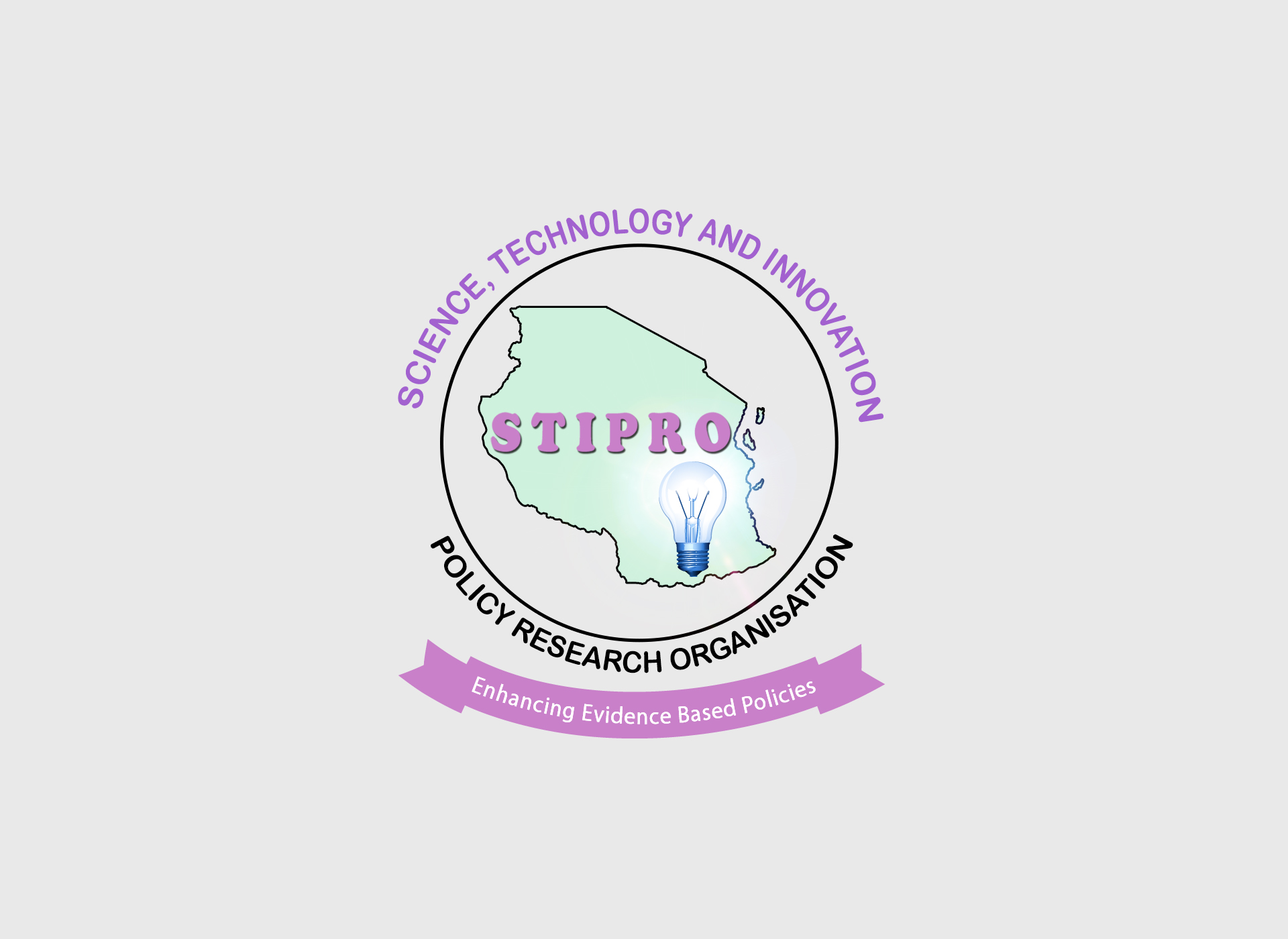-
Science, Technology and Innovation for Poverty Reduction in Tanzania
Tanzania is one of the poorest countries in the world. Like many other poor countries and in particular African countries, it is grappling with the poverty challenge nearly five decades after independence. A growing body of literature on poverty identifies a critical link between poverty reduction, growth and technology. Using the concept of Sectoral Systems of Innovation (SSI) this study examines the deficiencies in the three sectoral system of innovation in the Tanzania national economy. The study is divided into two parts: part one to which this report belong, maps out, analyses and determine the level of adequacy of the supply side of the three sectoral systems of innovation. The study argues that while most of the system elements for all the three sectors are in place, two major challenges are found to be facing the policies. One is that they are not explicit on how to facilitate the interaction of the actors in the sectoral systems of innovation. And second, most of the policies are of the supply side type, with no trace of demand side innovation policies. Part two of the study is envisioned to determine the impact of the supply side elements on the innovativeness of…
Continue reading -
A Case of Sunflower and Palm Oil
Tanzania rural areas are endowed with resources capable to increase edible oil supply in the country hence saving foreign currency spent on importation of oil. This requires rural oil ventures to be innovative in the production process. The main purpose of this study was to assess the extent of diffusion of innovations to rural sunflower and palm oil ventures. The study findings reveal that diffusion of innovation is more taking place in rural sunflower than palm oil ventures. Sunflower oil processors increased oil performance by adopting new types of machines to their equipment. Diffusion of innovation in rural ventures was facilitated by availability of electricity, increased quality of oilseeds, flow of information about new technologies from competitors, suppliers of machines, SIDO, media and technological centres. Sunflower oil benefited much from these factors as they had established along electricity line and had facilities to link with oilseeds business persons who further transferred knowledge about new machines and processes. Whereas rural sunflower oil processors were constrained by lack of enough oilseeds that would stimulate need for advanced technologies, palm oil processors were mostly constrained by lack of power supply, lack of information on new technologies as due to poor communication channels between…
Continue reading -
Impact of ICTs Adoption and Application on Innovation
STIPRO recognizes the role of the manufacturing sector in the economy of Tanzania. Between 2011 and 2012, the organization conducted a study to determine the types and role of ICTs in innnovativeness of manufacturing sector,looking at both micro, small, medium and large scale firms. The study findings gives deeper insights of the challenges facing the manufacturing sector as far as access to, and use of ICTs is concerned in firms, government and relevant ministries and institutions in Tanzania.
Continue reading -
Tanzania EPZ Firms and their Potentials in Technology Transfer
Technology transfer is a diffusion of skills and knowledge from one firm to another for the purpose of application. This study investigated the potential of the firms within Tanzania EPZs in transferring technology to firms outside the zones. The study was carried out in Dar as Salaam, Morogoro and Arusha. Study findings revealed that EPZ firms in Tanzania have little potential in technology transfer. This is evidenced by findings which have revealed that most EPZ have low tech firms. The study recommends, among others, that in order to attract high tech firms such electronics, pharmaceutical, chemical, TV and radio in Tanzania EPZ, trainings have to be conducted to more scientists and technicians. In this, the government needs to have science and technology plans so that engineers and technicians are groomed to manage high tech firms in Tanzania EPZ.
Continue reading -
Background to the Cluster Initiative Project
Tanzania’s eight cluster initiatives (CI) project was launched in January 2006. The SIDA-funded project is the first such project to have ever been embarked on in Tanzania, and therefore a trial project that was planned to run for 18 months. The mid term evaluation for the project was done in July and August 2006. This final evaluation builds on the previous evaluation, but also includes a brief overview of the mid-term evaluation as part of the background for each cluster initiative. Since the readers of this report might not had chance to read the mid-term report where the project was fully introduced and the framework for evaluation put in place, background information on the project is provided as well as the framework for evaluation. It is important to note that the framework used for the midterm evaluation consist of only those indicators considered necessary for the early stages of clustering, which in this report it is suggested that this be used during the baseline survey for selecting clusters to participate in the initiatives. The suggested table of indicators that should be used for evaluating clusters at different stages is given in Section six. The table, to a large extent,…
Continue reading

